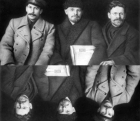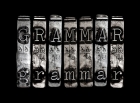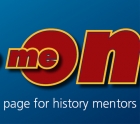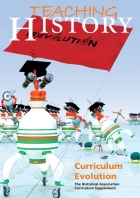Progression & Assessment
A Level History is a challenging course. Students are required to develop their skills of primary and secondary source evaluation. They must also learn to produce persuasive, well-structured and evidenced extended written arguments in the form of essays. Enabling students to progress from GCSE level to A Level requires great skill from teachers, and timely and precise assessment with feedback is a key part. In this section you will find helpful articles, guides and resources to enable you to ensure and assess your students’ progress.
-

Rescuing assessment from ‘knowledge-rich gone wrong’
ArticleClick to view -

It’s just reading, right? Exploring how Year 12 students approach sources
ArticleClick to view -

Building Key Stage 5 students’ analysis of interpretations
ArticleClick to view -

'I feel if I say this in my essay it’s not going to be as strong’
ArticleClick to view -

Nurturing aspirations for Oxbridge
ArticleClick to view -

Historical scholarship and feedback
ArticleClick to view -

Does the grammatical ‘release the conceptual’?
ArticleClick to view -

Using causation diagrams to help sixth-formers think about cause and effect
ArticleClick to view -

How do you construct an historical claim?
ArticleClick to view -

Pipes's punctuation and making complex historical claims
ArticleClick to view -

The Harkness Method: achieving higher-order thinking with sixth-form
ArticleClick to view -

Move Me On 156: Assessment for Learning
ArticleClick to view -

Teaching History Curriculum Supplement 2014
ArticleClick to view -

New, Novice or Nervous? 152: Describing Progression
ArticleClick to view -

Historical consciousness in sixth-form students
ArticleClick to view -

Assessment of students' uses of evidence
ArticleClick to view -

Why essay-writing remains central to learning history at AS level
ArticleClick to view

